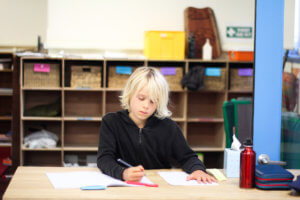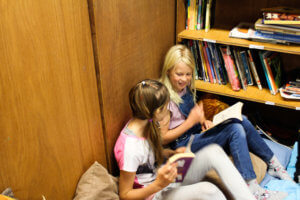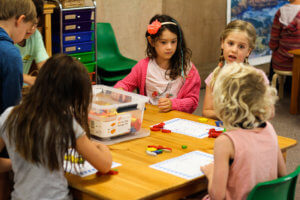Visitors to our school sometimes ask if we teach ‘the normal’ curriculum. The answer is YES! Our student’s learning goals are based upon the Western Australian Curriculum and the Early Years Learning Framework. We are guided by the Curriculum and Assessment Outline of the School Curriculum and Assessment Authority of Western Australia. (https://k10outline.scsa.wa.edu.au)
The subject areas taught as part of this curriculum are:
- English
- Mathematics
- Humanities and Social Sciences
- Science
- Languages (Noongar)
- The Arts
- Technologies
- Health and Physical Education
It is HOW we deliver this curriculum that sets us apart from other schools.
We teach the core curriculum subjects within a content rich and purposeful program, which strongly focuses on:
- Music, skills and appreciation
- Culture and Language
- Nature and environment
- Emotional wellbeing and respect
We have specialist staff employed to provide dedicated classes in Art; Music and Drama; Physical Education; Woodwork; Outdoor Education and Languages.
Teachers incorporate the following seven general capabilities into all aspects of the program. The general capabilities are:
- Literacy
- Numeracy
- Information and Communication Technology (ICT) capability
- Critical and creative thinking
- Personal and social capability
- Ethical understanding
- Intercultural understanding





In a small school such as ours, we know each student very well and adjustments of teaching and learning happen all the time, as part of day to day teaching.
Documentation of these adjustments is important to ensure that all staff, and parents are aware of modifications that are being made.
Information about students requiring support or extension are noted daily by the teachers and education assistants. These modifications form part of the individual education of each child.
While the curriculum documents are our guide, Spirit of Play also responds to the needs and interests of the students, parents and local community.
Our students are inquisitive and often make comments or ask questions that can lead us off on an unexpected tangent. Some call it a ‘teachable moment.’ These teachable moments are recorded by the teachers in the children’s books and Possible Lines of Development (PLODs) are written next to them. In this way, the kids have a part in the planning of their own learning.
